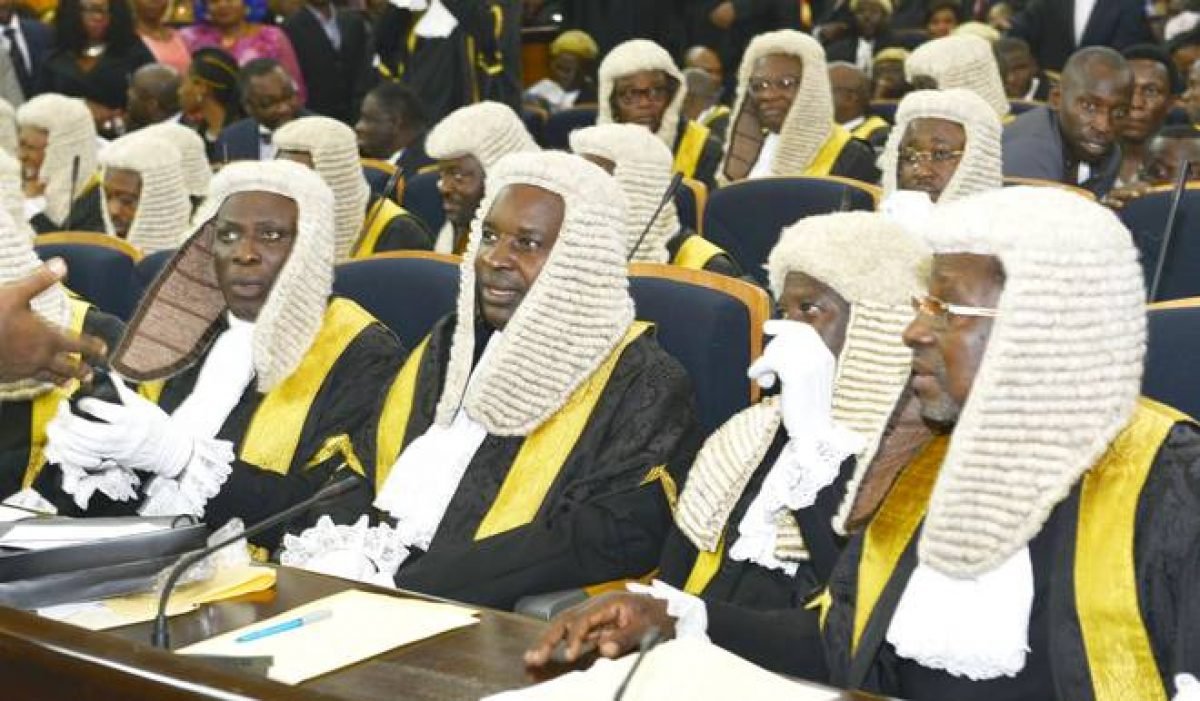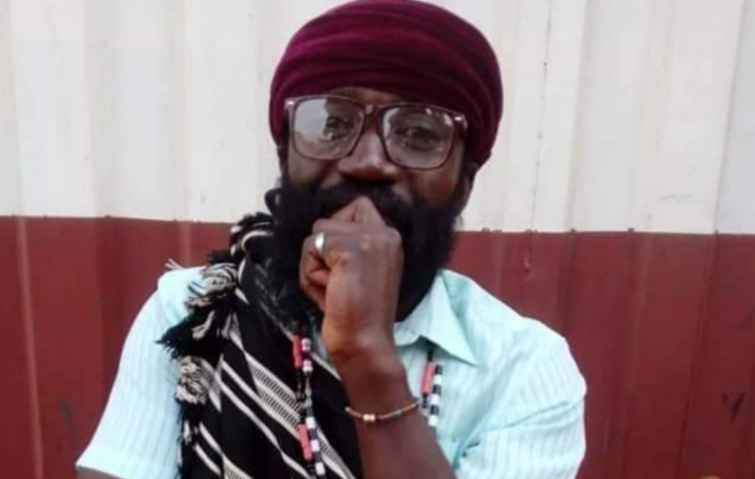Troops of the Nigerian Army battling insurgents in north-east
This is the conclusion of my earlier piece.
A stubborn commitment to a conventional military approach to solving an asymmetric security challenge is unwise especially with an army that is already stretched thin by involvement in roughly 30 Nigerian states. Abuja must restrategise. Localised policing and well-thought-out community engagement must be a key factor in the choices made for the future and the 900-km boundary that the Nigerian north-west shares with the Niger Republic must be properly secured.
Terror attacks have been recently staged in Burkina Faso and Uganda, both within the ambit of the Sahel. These attacks add to a chain of events that increasingly suggest Africa is now a central theatre of global terrorism. In the 2020 Global Terrorism Index, there are 10 African countries ranked in the top 20, and Nigeria got the bronze medal with its 3rd place ranking based on its total number of fatalities, incidents, and the severity of property damage caused by terrorist-related activities.
As countries in the Middle East and North Africa consider the slightly terrifying prospect of a post-oil economy and retool their social and economic models to prepare to meet the future, Jihadists have redirected their efforts to sub-Saharan Africa and particularly the Sahel where the political and social commitment to stability and economic development is much less of a priority, making it an incubator for more terrorism.
Advertisement
In failing to be proactive and productive about its regional interests, Nigeria, and the north in particular, has found itself suffering significant damage from the outcome. The insecurity has done great economic damage to Nigeria. In 2019, $24 billion worth of capital inflow was recorded but 2020 saw only $9.7 billion received in what was a four-year low and a 59% drop from the previous year. Adamawa, for example, got foreign investment worth an eye-watering $20,000. Reduced investment leads to reduced economic growth and development which in turn leads to more poverty, which in its turn fuels further insecurity as more people turn to demagogic leaders for inspiration. This is a cycle as vicious as any.
Nigeria’s agricultural sector has also been severely affected by the insecurity-fuelled displacement of more than 2.6 million people, mostly in the largely agrarian north. The impact of this violence on agricultural output means that as the supply of foodstuff has dipped, prices have gone up with staples like beans and tomatoes getting 253% and 123% price hikes respectively. The rise in hunger and poverty has created a self-reinforcing cycle that has an increasing number of people finding the option of being employed by bandits to earn a living more attractive.
Terror groups expanding on the continent will take advantage of the underdeveloped nature of much of the poorer parts of the Sahelian region and close-by areas with three of its progeny also making territorial gains. Nigeria is struggling to contain one offshoot, the Islamic State West Africa Province (ISWAP). Africa has three ISIS offshoots namely the Islamic State West Africa Province (ISWAP), the Islamic State Central Africa Province (ISCAP), which also claims to operate in Southern Africa (Cabo Delgado, Mozambique), and Islamic State in the Greater Sahara (ISGS). Having these organisations being seen as sources of socio-economic upliftment by poor locals is one of the results of appalling governance last more than half a century. These organisations have grown quicker than they should have by acquiring existing Jihadist cell networks that were already in place in Sahelian countries due to the irresponsible behaviour of politicians and clerics that use religion as a tool to get and keep political power.
Advertisement
It is quite problematic that at a time when sub-Saharan African countries should be focused on socio-economic development to wipe out poverty and help Africa catch up with the rest of the world in terms of human development, the continent is, instead, having to deal with existential threats that drive budget expenditure that should go to boost education, healthcare, and industrialisation, to security and defense needs.
Intercontinental partnerships to help solve the problem are not an unexplored idea. Since August 1, 2014, France has been running an anti-insurgent campaign called “Operation Barkhane” in the Sahelian region that has 5,000-strong French troops in co-operation with former French colonies Burkina Faso, Chad, Mali, Mauritania, and Niger, but domestic political pressure has forced the French president to commit to scaling down the operation as it becomes increasingly harder to justify the financial expense and loss of French lives to the French people. And therein lies the rub. As long as African countries remain geopolitical tools, the great powers, who at this time, happen to be all foreign, will not solve our problems. Their priorities will always be public opinion back home.
Solving these issues requires an African solution. But that African solution starts with leadership, the like of which has been sorely lacking for centuries.
Nwanze is a partner at SBM Intelligence
Advertisement
Views expressed by contributors are strictly personal and not of TheCable.







